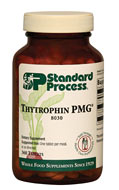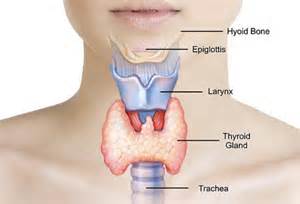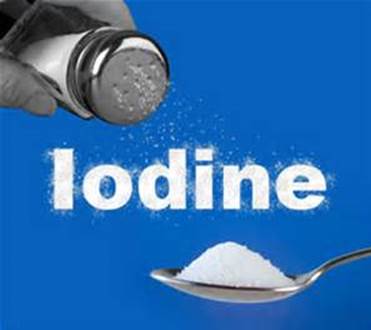Hypothyroidism

|
Rabbi Harold Kushner |
When your thyroid hormones are too low to support your daily activities, it is known as hypothyroidism. Hypothyroidism is much more common than most people think and is becoming another one of America's epidemics. Western medicine has a thyroid stimulating hormone (TSH) test. If the amount is high then it means the pituitary gland is trying to tell the thyroid to make more hormones and it is not responding. However, thousands of medical doctors have proclaimed that by itself the test is inadequate for diagnosis. Much more accurate is
the Basil Body Temperature Test one takes in the morning upon rising.
Someone beginning to suffer from sluggish thyroid can become exhausted and suffer all kinds of symptoms. Yet some of the other symptoms remain little known. They include high cholesterol, high triglycerides, fatty deposits in the liver, thick or loss secretions (eyes, saliva, vagina, intestines, lungs), and hot flashes of menopause. They are all signs of degenerative disease from premature aging which can often be attributed to a sluggish thyroid gland. How many people just feel old, tired and exhausted way before their years would predict? The answer to these questions is millions.
Studies show that 90% of people with hypothyroidism are producing antibodies to
thyroid tissue. This causes the immune system to attack and destroy the thyroid, which over time causes a decline in thyroid hormone levels. This autoimmune form of hypothyroidism is called Hashimoto’s disease. Hashimoto’s is the most common autoimmune disorder in the U.S., affecting between 7-8% of the population. While not all people with Hashimoto’s have hypothyroid symptoms, thyroid antibodies have been found to be a marker for thyroid disease. Most doctors know hypothyroidism is an autoimmune disease. But most patients don’t. The reason doctors don’t tell their patients is simple: it doesn’t affect their treatment plan.
Hashimoto’s often manifests as a “polyendocrine autoimmune pattern”. This means that in addition to having antibodies to thyroid tissue, it’s not uncommon for Hashimoto’s patients to have antibodies to other tissues or enzymes as well. The most common are transglutaminase (Celiac disease), the cerebellum (neurological disorders), intrinsic factor (pernicious anemia), glutamic acid decarboxylase (anxiety/panic attacks and late onset type 1 diabetes).
What the vast majority of hypothyroidism patients need to understand is that they don’t have a problem with their thyroid; they have a problem with their immune system attacking the thyroid. This is crucial to understand, because when the immune system is out of control, it’s not only the thyroid that will be affected. And if the underlying cause isn’t addressed, which is the immune system attacking the thyroid gland, the treatment isn’t going to work very well.
- What are surprising symptoms of low thyroid
- Why Is difficult to know if you have hypothyroidism
- What are 6 thyroid conditions that won’t show up on standard tests
- What lab tests you should do












